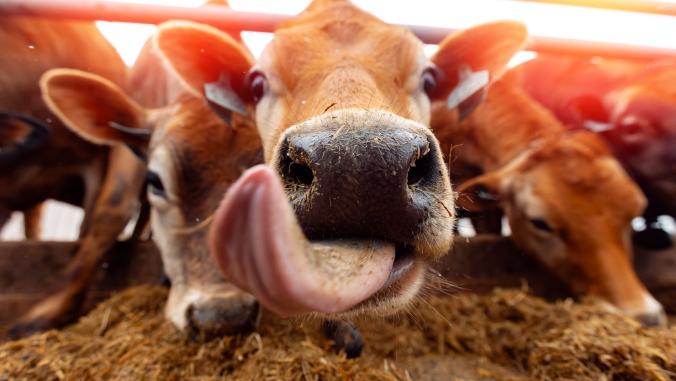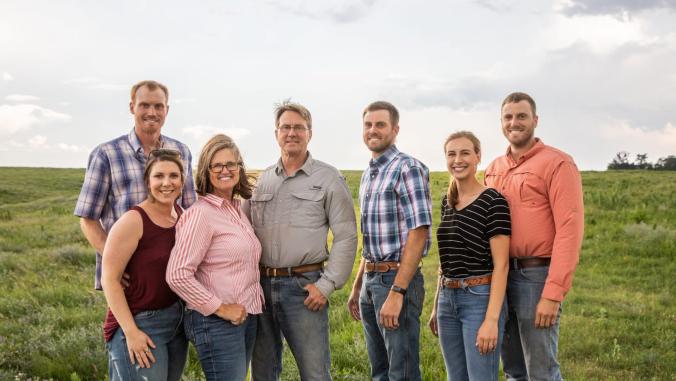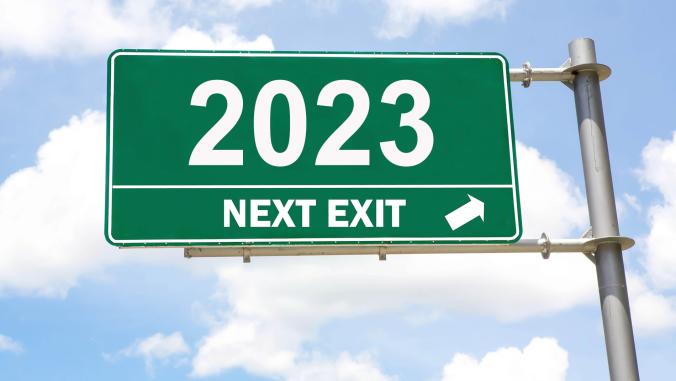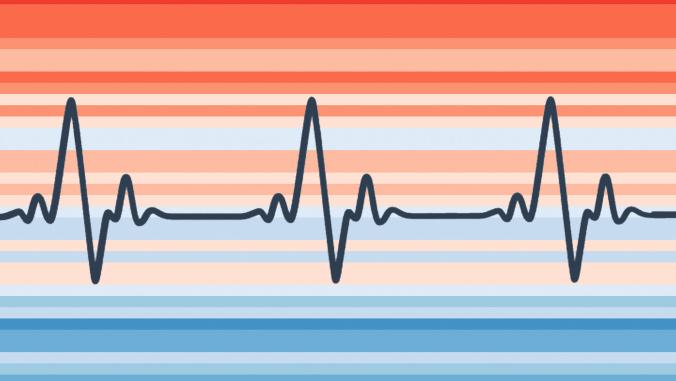Introducing ULE 880 - Sustainability for Manufacturing Organizations
<p>Today, a new sustainability standard for companies is being released for public comment: ULE 880 - Sustainability for Manufacturing Organization.</p>

Today, a new sustainability standard for companies is being released for public comment: ULE 880 - Sustainability for Manufacturing Organizations, a partnership between UL Environment, a division of Underwriters Laboratories, and my colleagues at GreenBiz.com.
It is a day that I've been awaiting for the better part of a decade.
A 45-day comment period opens today, during which we're hoping you will review the draft standard and provide detailed feedback. (More about that in a minute, but if you're in a rush to get there, click here.)
ULE 880 is the first in a series of company-level standards and certifications that are being produced by this ULE-GreenBiz partnership. It results from about eight years of work — initially by a small team of us in Alameda County, California, and starting last year, between ULE and GreenBiz. (I previously provided the back story to this project here.)
The first draft of the standard is now complete, the product of a Herculean effort spearheaded by my friend and colleague Rory Bakke, director of sustainability at GreenBiz. Rory was lead author of the ULE 880, with assistance from me, a terrific team from UL Environment, and a small group of advisors.
ULE 880 covers five domains of sustainability:
- Sustainability Governance: how an organization leads and manages itself in relation to its stakeholders, including its employees, investors, regulatory authorities, customers, and the communities in which it operates
- Environment: an organization's environmental footprint across its policies, operations, products and services, including its resource use and emissions
- Workplace: issues related to employee working conditions, organization culture, and effectiveness
- Customers and Suppliers: issues related to an organization's policies and practices on product safety, quality, pricing, and marketing as well as its supply chain policies and practices
- Social and Community Engagement: an organization's impacts on its community in the areas of social equity, ethical conduct, and human rights
All told, there are 102 questions (or "indicators") in ULE 880, including 18 in Governance, 45 in Environment, 15 in Workforce, 15 in Customers and Suppliers, and 9 in Social and Community Engagement. The number of indicators doesn't reflect the weight each of these categories holds in the overall standard, however. Environment covers 80 points, Governance and Customers/Suppliers 40 each, and Workplace and Social/Community 20 each. There are also 18 "Innovation Points" — 3 points each for 6 different indicators — that reward companies for going above and beyond the standard.
But that doesn't mean the core standard is a low bar. It was designed to be comprehensive — that is, to the extent that indicators are measurable and verifiable. Among the core principles of ULE 880 is that it be both reasonably attainable (at the lowest level of certification) and a high bar of excellence (and the highest level of certification). This and other core principles behind the standard are spelled out in the document's introduction.
Why does Environment carry a disproportionate weight — 40 percent of the total? Therein lies one of many challenges the GreenBiz-ULE team faced. We set out to create a standard that is comprehensible, consistently applied, credible, measurable, relevant, and for which data is obtainable. As a rule, company environmental data is more widely tracked, analyzed, quantified, and defined consistently than social and governance data. For that reason, this version of ULE 880 is more heavily weighted toward environmental indicators. Over time, as companies seek certification under ULE 880 and the sustainability field continues to mature, we expect to refine the standard and potentially adjust its weighting of specific indicators and across issue areas.
Of course, all of this is subject to feedback, and that's where you come in. The stakeholder feedback period launching today — ending September 14 — is free and open to all. To participate, you must register, after which you'll receive a link to ULE's Collaborative Standards Development System, or CSDS, an online tool Underwrites Laboratories uses to develop its standards. Already, more than 100 companies and thought leaders have registered to review and comment.
In the CSDS, you'll be able to download ULE 880 or read an online version, the latter of which enables you to enter comments. You'll be able to read others' comments, and others will be able to read yours — an open and transparent process. Comments can be as broad or as specific as you wish.
"There's really no comment of a constructive nature that isn't potentially valuable," Daniel P. Ryan, Standards Technical Panel Chair at UL Environment, told me recently. Ryan — who's been with UL for 27 years, most of it in the standard-development process — continued:
"We want the standard to be clear and concise in language so that manufacturers can read a clause and understand what it means, clearly and without ambiguity. Similarly, we want auditors who might be assessing manufacturers to that standard to have the same understanding. So, even if we get comments from someone who is confused, that's really valuable input because it points us to something we thought was clear but obviously needs work."
This is just the beginning of the review process. "After the comment period closes, we'll sort through all of the input, break it down by topic and try to see the different facets of an issue various stakeholders are arguing," explains Ryan. "And then engage a smaller team of sustainability experts of diverse interests that will help guide the standard forward — how we should address the input we received."
The plan is to announce the first pilot companies for ULE 880 later this fall.
During the next 45 days, we're hoping to hear from a broad cross-section of those affected by or interested in ULE 880: manufacturers, assessment and standards groups, regulators, policy makers, procurement officers, sustainability professionals, the socially responsible investing community, and nonprofit sustainability interest groups.
I sincerely hope you will weigh in — and encourage your colleagues and stakeholders to do so, too.





